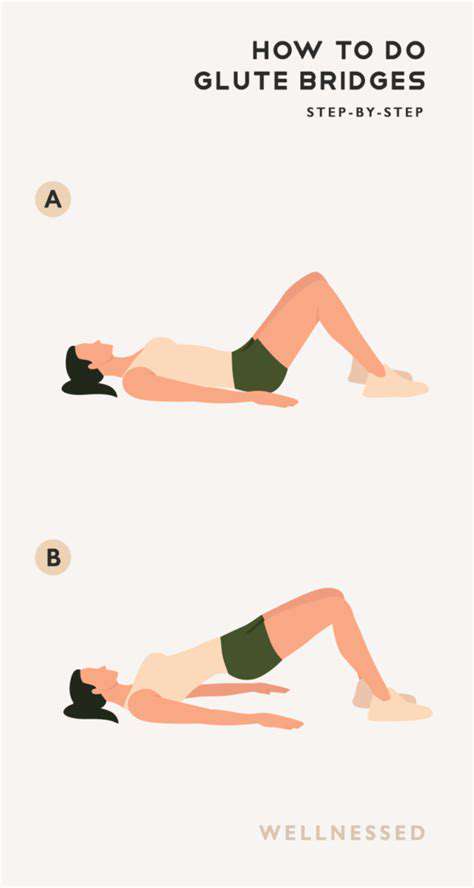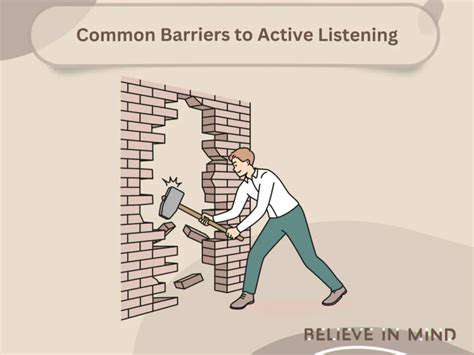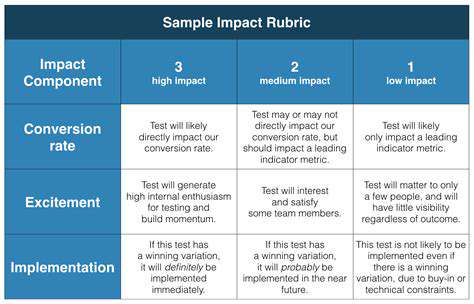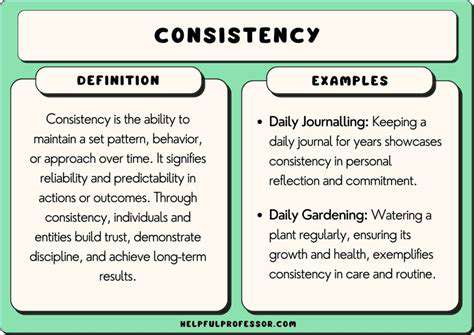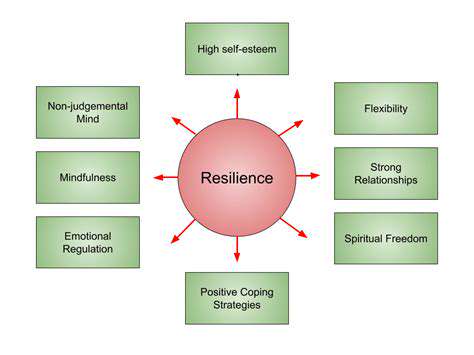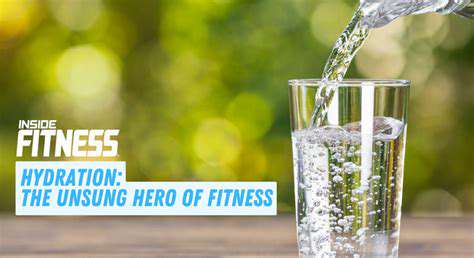Best Foods to Eat Before a Workout for Energy
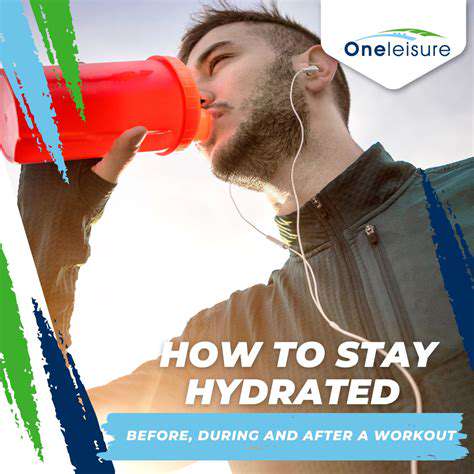
Importance of Hydration
Maintaining proper hydration isn't just about drinking water - it's about keeping your body's intricate systems running smoothly. Every cell, tissue, and organ relies on adequate fluid balance to perform at peak efficiency. When we neglect our hydration needs, we're essentially depriving our biological machinery of its most fundamental lubricant. The consequences range from mild discomfort to serious health complications.
Fluid intake should be viewed holistically - while water is ideal, other beverages and even water-rich foods contribute to our daily needs. The key is developing hydration habits that align with your body's unique requirements and daily rhythms.
Understanding Your Body's Needs
Hydration requirements aren't one-size-fits-all. An office worker in a temperate climate has vastly different needs than a construction worker in the desert. The most accurate hydration gauge isn't a calculator or app - it's your own body's signals. Beyond thirst, pay attention to urine color (aim for pale yellow), skin elasticity, and even subtle changes in mood or concentration.
Interestingly, our thirst mechanism becomes less reliable as we age, making conscious hydration habits increasingly important over time. Setting regular water intake reminders can help bridge this physiological gap.
The Role of Hydration in Physical Performance
For athletes and fitness enthusiasts, hydration is the invisible training partner that can make or break performance. Even mild dehydration (as little as 2% body weight loss) can significantly impair strength, endurance, and coordination. The fluid in our bodies acts as both coolant and shock absorber during physical exertion, protecting joints and regulating core temperature.
Pre-hydration (drinking before activity) is just as critical as maintaining fluid intake during exercise. Developing personalized hydration strategies based on sweat rate and activity duration can give athletes a competitive edge.
Hydration and Cognitive Function
The brain's sensitivity to hydration status is remarkable. Research demonstrates that dehydrated individuals show measurable declines in working memory, attention span, and decision-making speed. These effects are particularly pronounced in tasks requiring sustained concentration or complex problem-solving.
Morning hydration may be especially important, as we wake up in a mildly dehydrated state after hours without fluid intake. Starting the day with water can jumpstart cognitive function more effectively than caffeine alone.
Hydration and Skin Health
While topical moisturizers address surface hydration, true skin health begins internally. Well-hydrated skin demonstrates better elasticity, faster wound healing, and improved barrier function against environmental stressors. The plumping effect of proper hydration can temporarily minimize the appearance of fine lines and wrinkles.
Interestingly, overhydration doesn't provide additional skin benefits - the key is consistent, moderate intake that meets (but doesn't exceed) your body's needs.
Hydration and Digestive Health
Water plays multiple roles in digestion - it softens food for easier breakdown, helps dissolve nutrients for absorption, and provides the fluid medium for waste elimination. Chronic mild dehydration is a surprisingly common contributor to digestive discomfort and irregularity.
Hydration and Overall Well-being
Viewing hydration as foundational self-care rather than an afterthought can transform your daily energy and vitality. Proper fluid balance supports everything from joint lubrication to toxin removal, creating a ripple effect of health benefits. The simplicity of drinking water belies its profound impact on our biological systems.
Developing hydration awareness - noticing how your body responds to different intake patterns - can help you fine-tune this essential health practice for your unique physiology and lifestyle.
Hydration is Key: Avoiding Sugary and Processed Foods
Importance of Hydration
Pre-exercise hydration deserves the same strategic planning as your workout routine itself. The fluids you consume in the hours before activity become the reserve your body draws from during exertion. This preparatory hydration helps maintain blood volume, ensuring efficient oxygen delivery to working muscles and preventing premature fatigue.
Timing matters - gulping large quantities immediately before exercise can cause discomfort, while gradual intake over several hours allows for optimal absorption and utilization. Adding a pinch of salt to pre-workout water can enhance fluid retention for those engaging in prolonged or intense sessions.
The Dangers of Sugary and Processed Foods
The modern food environment presents countless hydration saboteurs masquerading as convenient options. Many processed foods contain hidden sodium that can disrupt fluid balance, while their typical low-water content fails to contribute to our hydration needs. The blood sugar spikes from sugary snacks create a physiological domino effect that ultimately increases fluid loss through increased urination.
These dietary choices form a double-edged sword - they provide minimal nutritional value while actively working against our hydration status. The temporary convenience often comes at the cost of sustained energy and performance.
Fueling Your Body for Optimal Performance
Whole foods naturally contain the water and electrolytes our bodies evolved to utilize. A ripe peach or crisp cucumber provides hydration along with fiber, vitamins, and antioxidants - a nutritional package deal no processed snack can match. For pre-workout meals, focus on foods that offer both energy and hydration synergy.
The timing and composition of pre-exercise nutrition should complement your hydration strategy. Smaller, easily digestible meals with high water content prevent both hunger and dehydration without causing gastrointestinal distress during activity.
Remember that optimal fueling is highly individual - factors like workout intensity, duration, and personal digestive sensitivity should guide your choices. The best pre-workout nutrition leaves you feeling energized but light, with no lingering heaviness or thirst.
By aligning your hydration and nutrition strategies, you create a powerful synergy that enhances both workout performance and recovery. This integrated approach represents the gold standard in exercise preparation.
Read more about Best Foods to Eat Before a Workout for Energy
Hot Recommendations
-
*Guide to Managing Gout Through Diet
-
*Best Habits for Financial Well being
-
*How to Build a Routine for Better Mental Health
-
*How to Eat Healthy on a Budget [Tips & Meal Ideas]
-
*Guide to Practicing Self Acceptance
-
*How to Incorporate More Movement Into Your Day
-
*Guide to Managing Chronic Pain Naturally
-
*Guide to Building a Reading Habit for Well being
-
*Top 5 Weight Loss Supplements That Actually Work
-
*Best Exercises for Postpartum Recovery [Beyond Abdominal Work]
